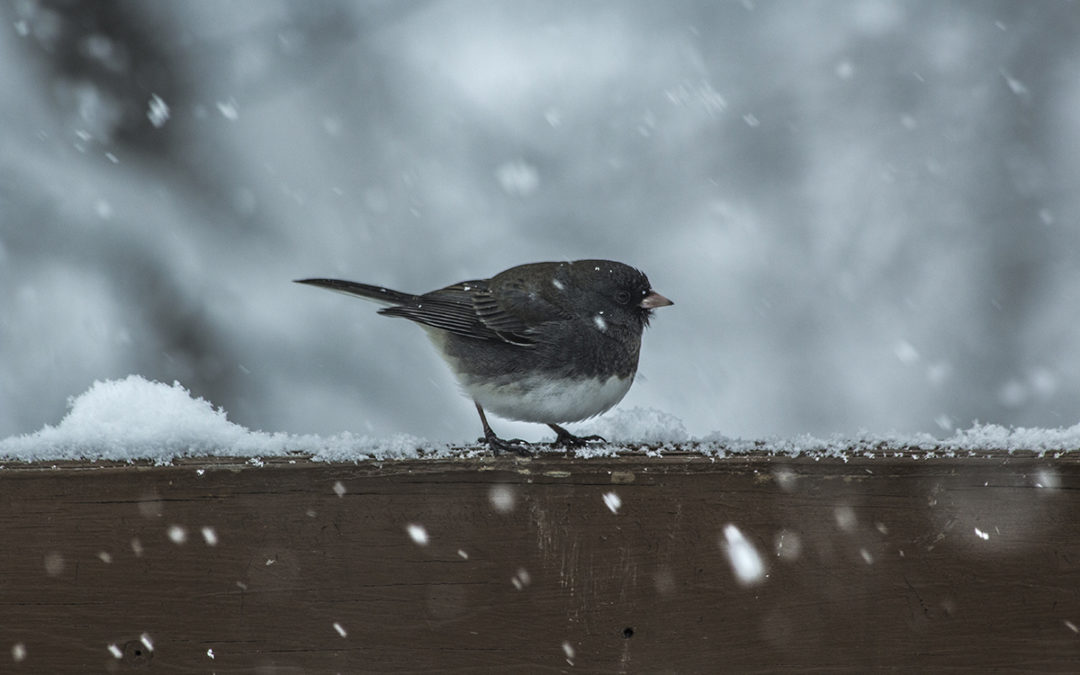
by admin | Dec 9, 2017 | Automobile Accident, Personal Injury, Tips |
When winter arrives, many people visit the rest of Florida for warm weather and fun attractions. With several theme parks in the state, visitors come for the great fishing or relaxing on the beach. These visitors are snowbirds, travelers from colder climates. Unfortunately, they often cause increased traffic and raise drivers’ risks of accidents. Snowbirds may not be familiar with local traffic laws, and they’re more likely to be tired from a long drive or distracted because they’re not sure where they should go. Explore the following helpful tips for avoiding accidents with snowbirds. Don’t Exceed the Speed Limit Breaking the posted speed limit increases your fuel consumption and raises the risks for you, your passengers, and other drivers. Since people have less reaction time when they drive fast, they often have trouble braking and avoiding obstacles and other cars on the road. Always drive cautiously to prevent accidents. Instead of speeding, make sure you start with plenty of time to reach your destination and leave at least a few extra minutes for traffic. Be especially cautious after dark because headlights can only help you to see several feet in front of your car. Be Calm and Courteous If you become nervous, angry, or frustrated while driving, you could make a mistake and cause an accident. If you get stuck in traffic, relax and listen to some music or talk to your passengers while you wait and focus on driving safely. Avoid tailgating so that you have plenty of room to brake and prevent accidents. Be courteous, treat other drivers with respect, and make sure you report any suspicious...

by Charlie Smith | Jun 24, 2017 | Blog, Personal Injury Lawyer, Tips |
If you’ve suffered a personal injury, you need to consider the future. You may soon become saddled with endless medical bills, time off from work, and other financial considerations. Pursuing legal compensation may be necessary, and it’s critical that you select the right attorney. Throwing a dart at the phone book is an easy way to choose, but there are much better ways to proceed. Select a Local Attorney Most people turn to the internet to find just about anything nowadays, so searching for legal help is likely to fall into that category. It’s important that while cyberspace knows no physical boundaries, your future attorney’s license to practice law certainly does. Your search should immediately narrow down to those who are licensed in the state in which the injury occurred. Next, consider only those within driving distance to your place of residence. Face-to-face visits with your legal counsel will be necessary, so you don’t want to travel too far for these meetings. Find an Attorney That Specializes in Personal Injury Law firms practice in several different areas, including criminal law, divorce litigation, child custody, and tax law. Personal injury cases require specific knowledge, such as medical terminology and different types of injuries. Personal injury attorneys typically have ample trial experience, while others (such as real estate attorneys) may have none at all. They’re also good negotiators and can develop a fair out-of-court settlement on your behalf. Choose a Successful Attorney Once you’ve narrowed down your choices a bit, do research into your potential candidates. Find out how many years they’ve been practicing law. What sort of track records do...
by admin | Aug 26, 2016 | Blog, Court Cases, Personal Injury, Tips |
Social media, in general, is not good for your personal injury case. You may think that sharing details about your case – even in a private message – will make you feel better or that your friends will give you good advice, but it can actually damage the credibility of your case. Facebook is the first place that your insurance company or defendant’s lawyer will check in order to find information to use against you. Your social media accounts may be private, but there is always a way to access them, especially when a judge orders you to give the defendant’s lawyer your passwords because they believe there is something they could use against your case. Some of the aspects of social media that can be used in opposition to you include videos or photos that you are tagged in or have posted, statuses, and private messages. Defendant lawyers are looking for anything that could potentially prove that you hurt yourself at a different location or negligent person. Just be cautious when posting during a personal injury case and remember that even if you delete a post, it is there forever. The defendant lawyers and insurance companies are there to make your claim go away so they will do anything it takes, which includes reinterpreting your posts’ meaning in order to hurt your claim. The best-case scenario is to not post at all, but if you must post, try to follow these terms to avoid common social media mistakes: Let everyone know not to post anything about you, which includes tagging and messaging. Do not tell them this through...
by Charlie Smith | Apr 21, 2016 | Blog, Tips, Workplace Injury |
According to OSHA, nearly 6.5 million people work at approximately 252,000 construction sites across the nation on any given day. The fatal injury rate for the construction industry is higher than the national average in this category for any other industry. It is important to be practical, ergonomic, and safe when working in any construction area. Follow some of the tips below to ensure complete safety when working in a construction area: Common Safety Tips to Follow: Keep eyes and ears protected at all times – this is important as these are often times intense noises and vibrations occurring on construction sites which can cause serious injuries Always be aware of your surroundings Know, understand, and follow the workplace’s comprehensive safety program Don’t use damaged tools Do not carry or pull a tool by is cord or hose Double check work areas Scaffolding Safety Tips to Follow: Nearly 2.3 million construction workers work on scaffolds each year. Unfortunately, fall hazards are likely to occur when scaffolds are misused or erected improperly; an estimated 4,500 injuries and 50 fatalities occur each year as a result of scaffolding. Below are important safety tips to follow when scaffolding: Do not support scaffolds or any other uneven surface with unsteady or portable objects Stay at least 10 feet from power lines when working on a scaffold Never overload a scaffold Do not use a damaged or weakened scaffold Never use a scaffold in bad weather Always keep an eye out for yourself and others on the scaffold or below the scaffold – everyone in the vicinity of a scaffold may be in danger...
by Charlie Smith | Dec 14, 2015 | Blog, Tips |
With the holiday season finally here it is important to remember holiday safety precautions. By taking these basic precautions into consideration you can help to ensure that your whole family remains safe and injury-free throughout the joyful holiday season. Below are some holiday safety tips taken from the National Safety Council to share with your friends and family this holiday season: Ladder Safety Since many of us will be using ladders this holiday season to hang lights and decorations around our homes it is important to operate safety while using ladders: If you have a step ladder near a doorway make sure to lock or barricade the door and post signs so no one will open it and knock you off the ladder When climbing, keep your hips between the side rails and do not lean too far or overreach as this can cause you to lose balance and fall. Instead, reposition the ladder closer to the work. Be sure to use ladders with slip-resistant feet and wear clean, dry and slip-resistant shoes when climbing the ladder Kitchen and Food Safety Kitchen fires are highest during the holiday season; it is important to remember safety precautions when cooking: When preparing a holiday meal, make sure to wash hands, utensils, sink and anything else that may have come in contact with raw poultry. Be a smart host and include being sensible about alcoholic drinks. More than half of all traffic fatalities are alcohol related; it is important to make use of designated drivers or to allow guests to stay over after a night of drinking. Decorating Safety Never use candles...
by Charlie Smith | Nov 13, 2015 | Automobile Accident, Blog, Tips |
Unfortunately, statistics show that teenage drivers account for more auto accidents than any other age group. Through practicing safe driving techniques, the odds will hopefully increase and your teenager (and their passengers) can stay safe on the roads. Below are some great and very important tips to go over with your teen before they begin driving. Stay away from the phone! This is one of the most important things to go over with your teen. Cell phones are one of the leading causes of car accidents among teens and can easily be prevented. Multiple studies have shown that using a cell phone while driving is the equivalent of driving drunk. Let your teen know just how important it is to stay away from their phone at all times while driving (even when they are stopped) and just how dangerous it can be. Turn on your lights: Headlights are an important feature of cars and allow us as drivers to have increased visibility as well as allow other drivers to see you better even when it is light out. Obey the speed limit: Speeding is another major contributor to fatal teen accidents. Explain to your teen driver they should not feel pressured to keep up with the traffic if it seems as if everyone else if flying by. Driving at a safe speed helps to ensure your well-being and can keep you away from expensive traffic tickets that can cause a huge spike in auto insurance premiums! Keep distractions at a minimal: As inexperienced drivers, teens are more likely and apt to lose control of their cars. Distractions can significantly...





